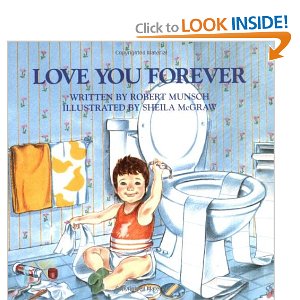 My kid, Sasha, is not a reticent girl. If she’s happy, she’ll shriek with laughter. If she’s even a touch upset, she’ll explode into tears. She is, of course, a toddler, so this is pretty much normal.
My kid, Sasha, is not a reticent girl. If she’s happy, she’ll shriek with laughter. If she’s even a touch upset, she’ll explode into tears. She is, of course, a toddler, so this is pretty much normal.
But every once in a while, her emotional circuits short out. Just yesterday, this happened twice. While wandering around Atlantic Antic, the mega street fair that descends on our neighborhood every year, we spotted a small booth doing face-painting—and Sasha was entranced. She patiently waited her turn, then quietly allowed her face to be painted, keeping her chin up when we asked and everything. By all rights, she should have been shouting and jumping when it was all done—and yet she was entirely somber. Unsmiling. Unreactive, almost.
It threw us, at first. Here she’d just realized a dream, and yet she couldn’t express her glee. It was only hours later, in front of a mirror at home, that she relaxed enough to smile and talk about the beautiful flowers adorning her face like some kind of “Yo Gabba Gabba!”–style tribal tattoo.
And then, again, shortly after that, we biked Sasha down to Jane’s Carousel, the gorgeous, century-old carousel recently re-installed on the Brooklyn waterfront. Sasha loves carousels, though she’s only been on them a few times. The horses, the colors, the music, the centrifugal force—these should make her howl with glee. But instead, she sat on the horse stone-faced. When I asked her if she liked the ride, which she’d approached with excitement, she said, “Uh-huh,” but that was it. Weird.
So, my question is: What’s going on here? Is this a normal thing for toddlers, to be so happy that they short-circuit? Or is it that the newness of the experience means that they simply don’t know how they’re supposed to react? A lot of that emotional stuff is, I know, taught and learned, which is why kids love to pantomime happy, sad, scared, and angry faces. Otherwise, how do they know what emotions are being expressed? But man, there’s got to be some cool brain-science stuff going on here—I just wish I know what it is.



